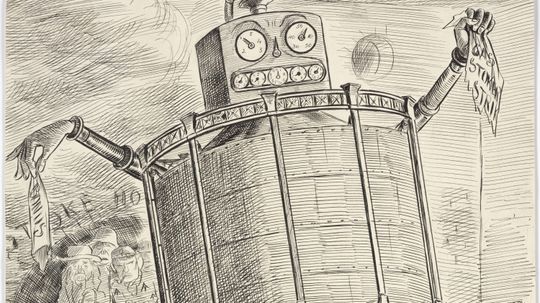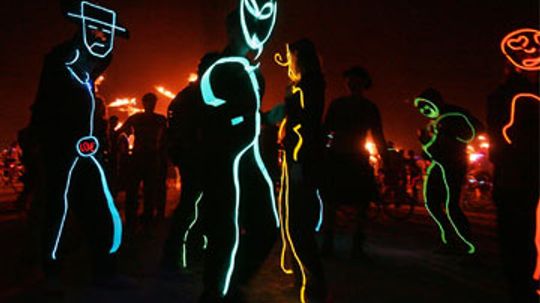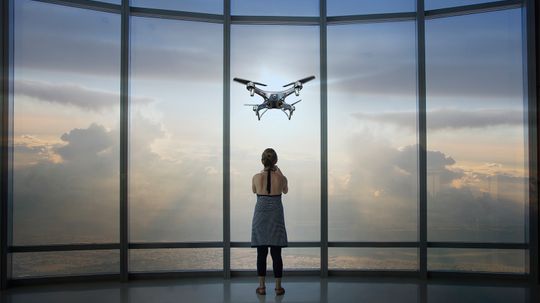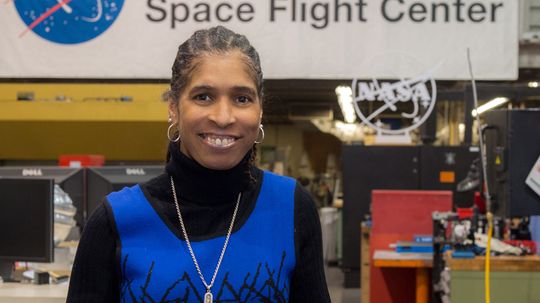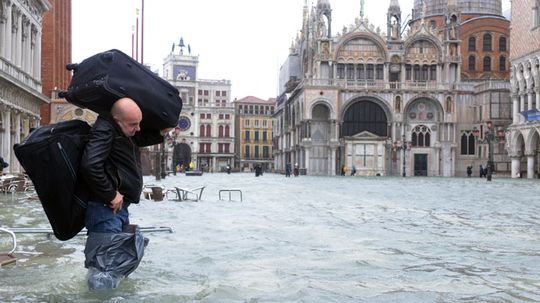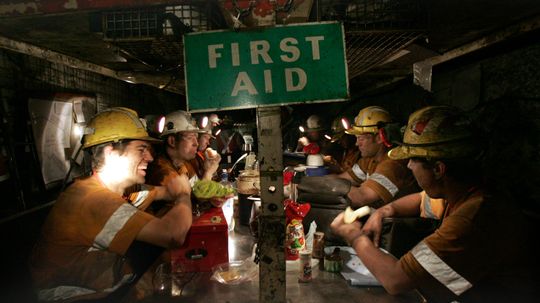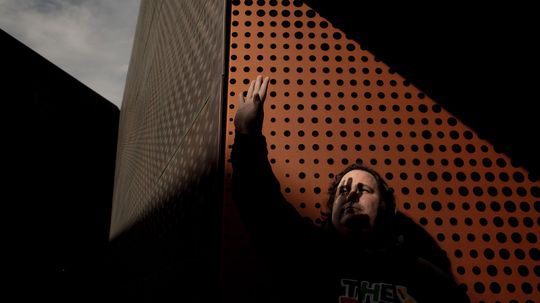Engineering
Engineering is the discipline of design and construction of mechanical devices, equipment, structures and public works systems. Topics include aircraft technologies, buildings, bridges, robotics and heavy machinery.

The World's Most Awe-inspiring Glass Buildings

10 Innovative Architects to Watch

16 World-Famous Architects and Their Impact

Who Builds Data Centers? Where? Why? We Have So Many Questions

The Steepest Road in the World, Plus 9 Rival Inclines

Here's Longest Bridge in the U.S., Plus 7 Runners-Up

10 Types of Swords for All Sorts of Circumstances

A Horrifying Russian Lathe Accident Highlights Vital Safety Protocols
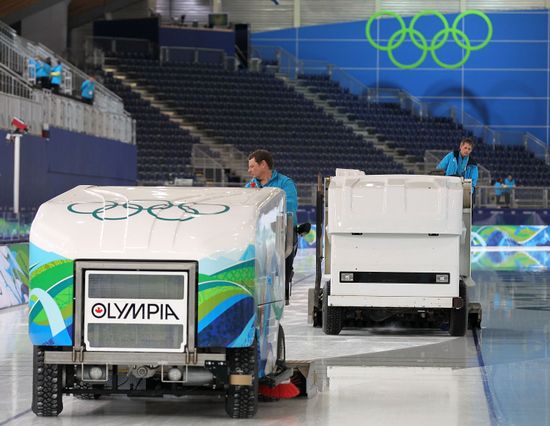
How Zambonis Work

What's the Hardest Wood in the World?
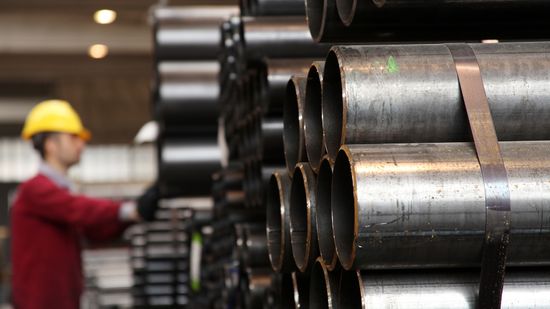
10 Types of Metal (and We Don't Mean the Music)
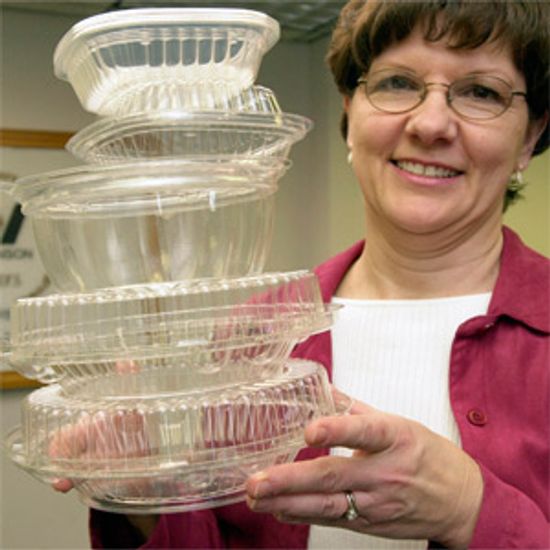
Are food-based plastics a good idea?
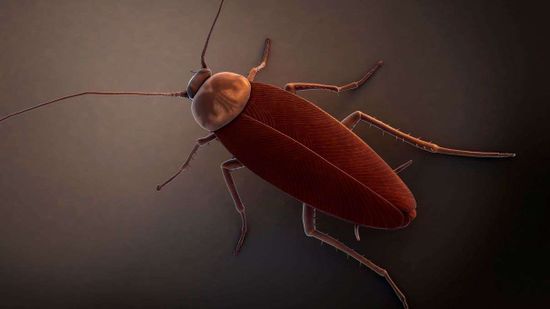
Your Thoughts Could Activate a Tiny Robot Inside Your Own Brain

How Star Wars Works: Fan-built Droids
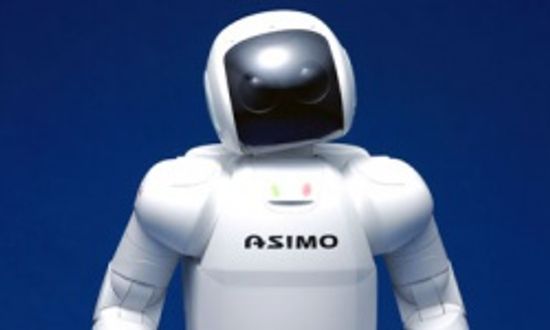
Robot Pictures

What's the Scariest Roller Coaster in the World? 10 Contenders

The Tallest Roller Coaster in the World Stood for 19 Years

Tallest Building in the U.S. and 13 Other Stunning Skyscrapers
Learn More / Page 8
We think of robots as modern inventions, or maybe even retro creations meant to realize futuristic visions. But automata go back - way back - into history.
This not-so-new material looks like a hologram and could play a valuable role in the future of insulation, electronics, oil spill cleanup and green energy. So why don't aerogels have the A-list name recognition they deserve?
Versatile and efficient, electroluminescent (EL) wire is widely used by artists to illuminate clothing, bicycle spokes, turntables and even cars. But how does this cool product work with so little power and without a visible energy source?
Advertisement
Water towers can be found in just about every town and city in America. Have you ever wondered if they freeze in the winter?
Bordeaux's famed and beautiful reflecting pool will have you snapping photographs and feeling like you're walking on water.
Started in 1882, this beautifully ornate church was the vision of architect Antoni Gaudí who conceived of it as a "forest in stone."
By Dave Roos
Many people worry that drones will invade their privacy, though experts say the fear is greater than the actual threat.
Advertisement
The Louvre Pyramid was first received by the world in 1989 as an architectural joke, but 30 years later it's considered one of the world's most iconic design masterpieces.
It took 22 government agencies and more than 180 firms to turn Eero Saarinen's groundbreaking airport terminal into a spectacular hotel.
The dome of the Cathedral of Santa Maria del Fiore is the largest masonry dome ever built and still defines the city of Florence over 500 years later.
The St. Louis Arch was so spectacularly designed that, when construction kicked off in 1961, many predicted an epic failure.
Advertisement
Man has been building islands all over the world for centuries using extraordinary feats of engineering. But at what cost to the environment?
By Mark Mancini
AI already can outperform humans in some narrow domains, but in the future AI may go inside the human brain to enhance intellectual capabilities, turning users into human-machine hybrids.
The name bestowed on a road depends on its size and function. And it's not just up to your neighborhood's developer either.
The Panama Canal has been one of the world's biggest engineering feats since it was built nearly by hand in the 1900s.
By John Donovan
Advertisement
Castles and palaces may seem the same, in their grandiose architecture and palatial structure. But the two buildings were constructed by monarchs for different purposes.
Back in the 1930s, folks realized they needed a better way to cross the Golden Gate Strait between San Francisco and the Marin Headlands than by boat. Over eighty years later, the Golden Gate Bridge is the city's most prominent landmark.
Is 1 mile out of 5 on U.S. interstates really supposed to be straight so that planes can land on them in an emergency? Find out the truth about this long-held urban legend.
Some architects and engineers go big. Others get fancy. And yet others aim squarely for the completely bizarre. These imagination-bending, gravity-defying products may induce more than a few OMGs.
Advertisement
These African American men and women were trailblazers, and in some cases, business leaders in the field of engineering.
It's a recipe for disaster: Venice is sinking, and the waters around it are rising. Can the controversial MOSE project save Italy's famous city with a series of aqua gates?
Underground mining has come a long way from the days of men with pickaxes and canaries. It relies much more heavily on machinery that makes it much safer than in the past. Which techniques are used in mining today?
By Julia Layton
The Arc de Triomphe is one of the most iconic and enduring symbols of the city of Paris, France. But why did Napoleon commission it?
Advertisement
A Google engineer made headlines for claiming that an AI called LaMDA had become sentient or conscious. While many AI scientists disagreed, what would it take for an AI to ever become sentient?
SCIFs are spy-proof, highly secure facilities designed for viewing and working with sensitive national security secrets. We talk to a former general counsel for the NSA to find out how they work.
